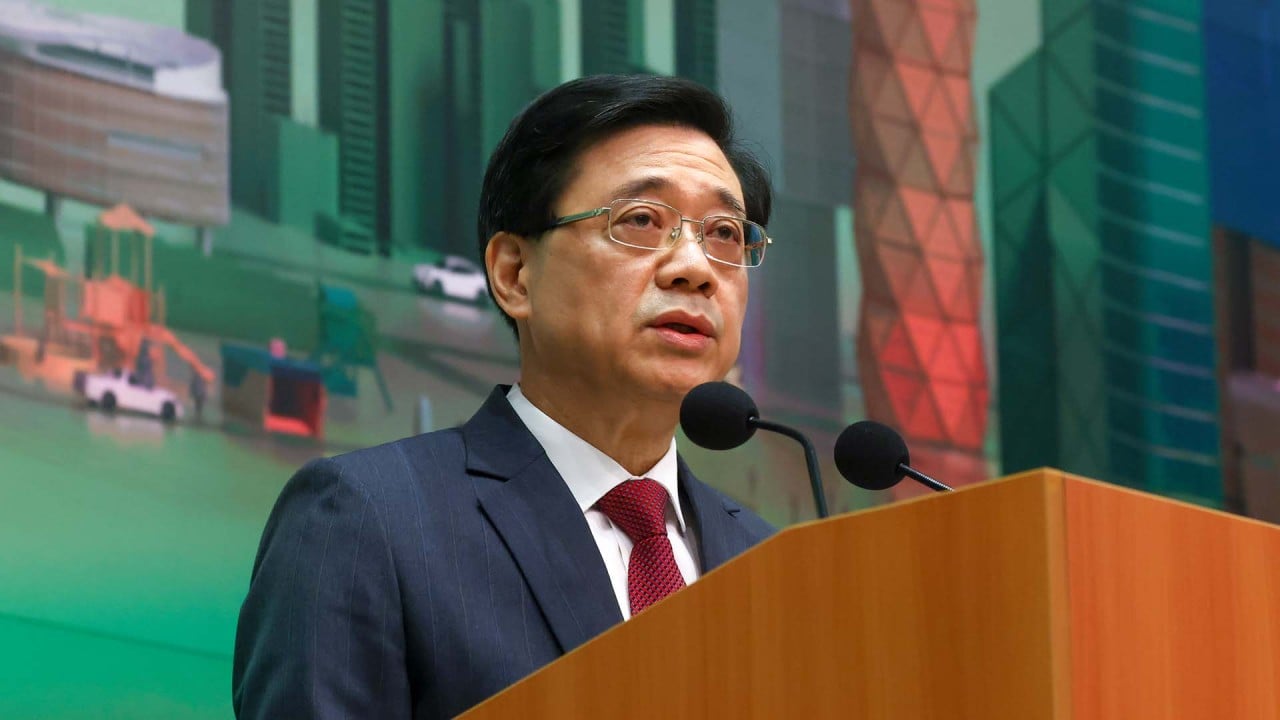
01:09
Hong Kong’s No 2 official John Lee declares bid to become city’s next leader

It says something about Hong Kong’s revamped elections when the ballot to return a patriots-only legislature last December barely drew a 30 per cent turnout.
The issues have been put into wider perspective following the recent revelation that the proportion of invalid votes also reached a new high. The phenomenon warrants deep reflection as the city charts a new course under redefined political paradigms.
According to a report by the Electoral Affairs Commission, there were 27,453 invalid votes in the district-based Legislative Council polls. The sector-based functional constituencies also recorded 3,261 void ballots.
The proportion surged from 0.92 per cent in 2016 to 1.07 per cent, the highest in the city’s election history. Some professional seats that used to be a stronghold of the opposition camp accounted for a significant share on invalid votes.
The figures speak volumes of public sentiments towards the electoral revamp.
Compared to the 2019 district council polls that drew a turnout of 2.94 million, nearly 1.6 million electors shunned the new Legco vote in December.
The 30.2 per cent turnout was a drop from the 71.23 per cent in 2019 and 58.28 per cent in 2016.
That said, the reform also won the approval of more than 1.3 million voters. This is a reality to be reckoned with, especially when the outcome could have been worse in light of the prolonged Covid-19 epidemic.
Voting behaviour is shaped by many factors, such as the electoral system, the choice of candidates and the prevailing mood. Even when there is a new law to criminalise attempts to discourage voting, the turnout still leaves much to be desired.
The 14,500-plus people who cast blank ballots obviously saw voting as a civic duty. But like many who intentionally invalidated their ballots or did not bother to vote, the discontent and apathy should be taken seriously.
The overhaul, officials say, is meant to ensure elected offices will only be filled by those who pose no threat to national security rather than to stifle opposition. It is hardly conducive to healthy development if those at one end of the political spectrum continue to feel alienated.
With universal suffrage still being the ultimate goal, the system must continue to evolve in a way that wins wider recognition and support.